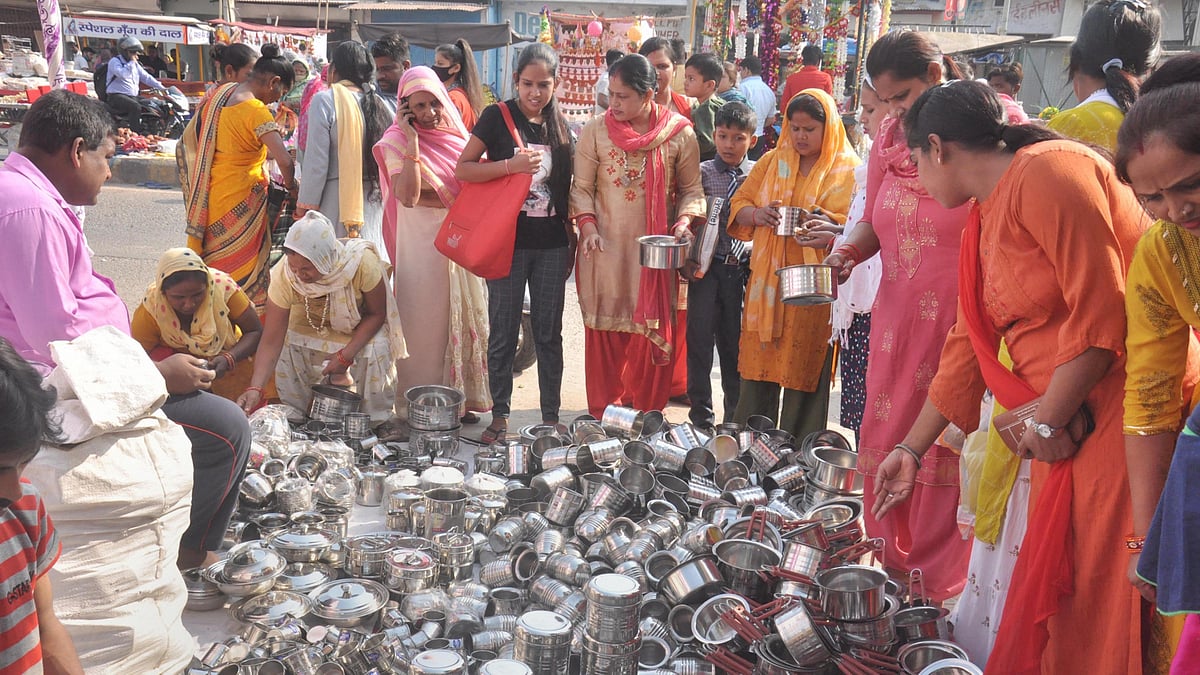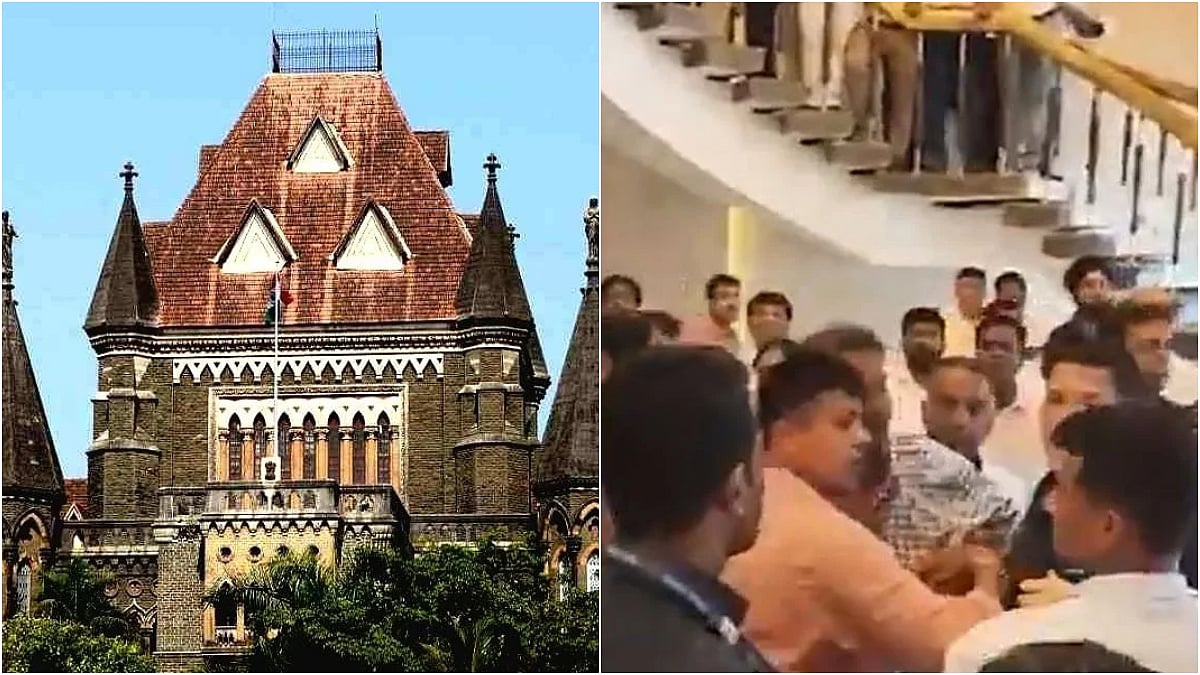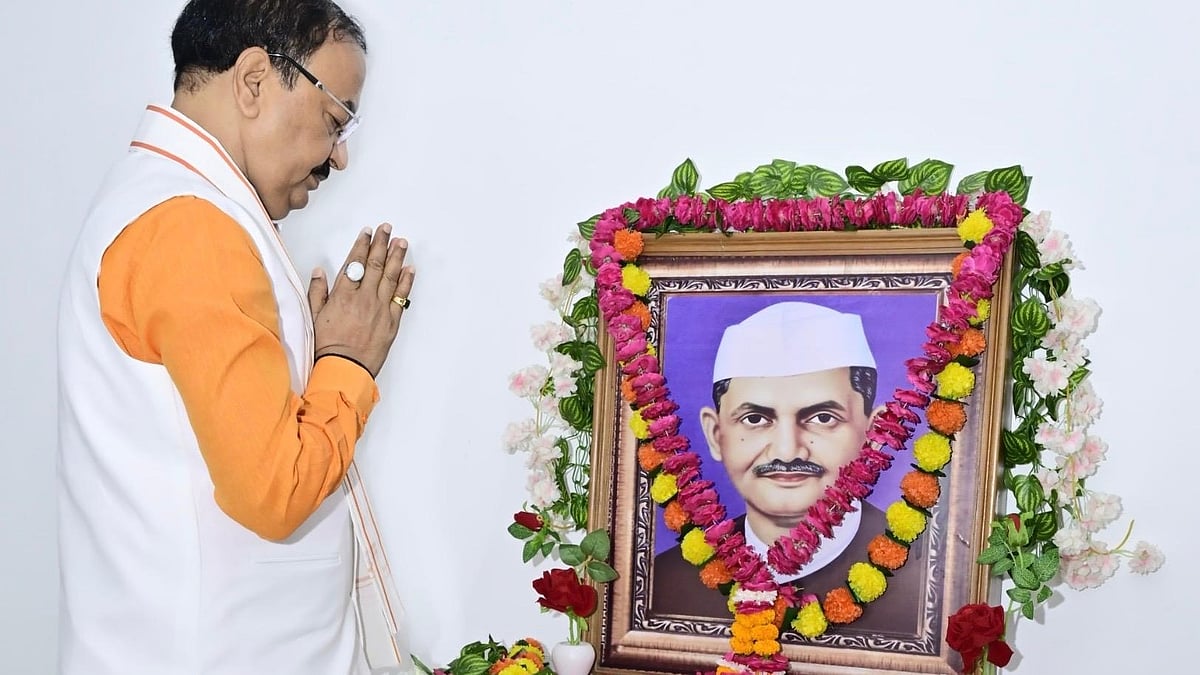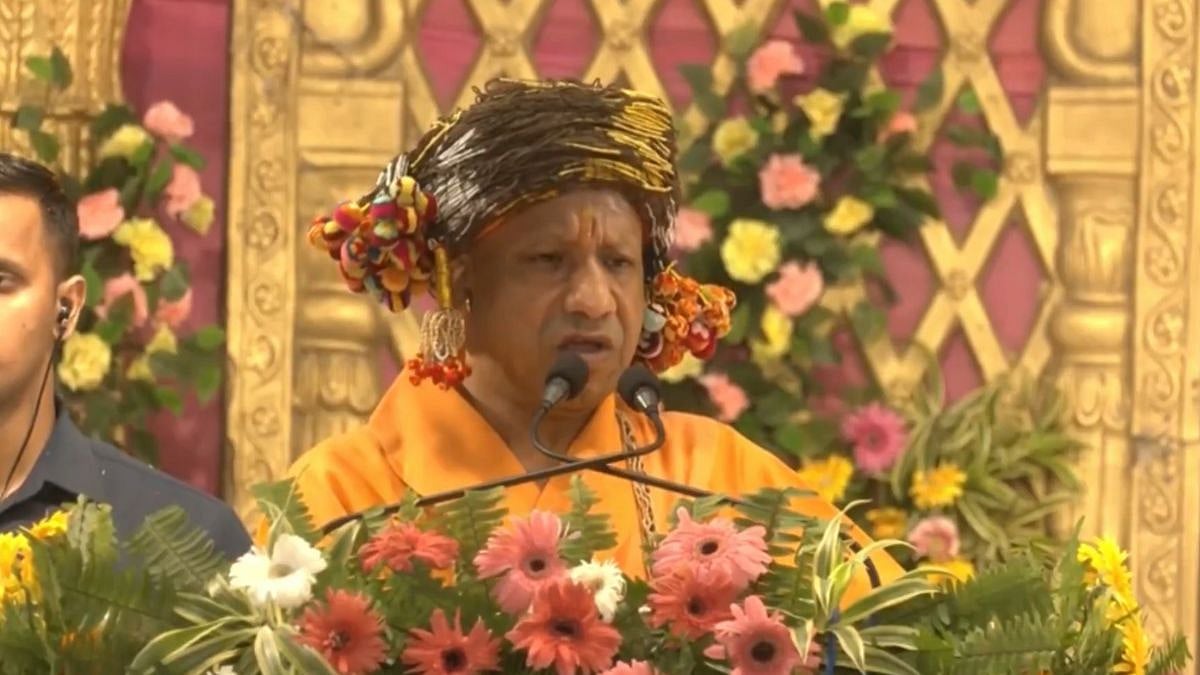To make villages plastic-free, the Rajasthan government has launched Bartan (Utensil) Banks at the panchayat level. In the first phase of the scheme, 1,000 panchayats across the state will receive ₹1 lakh each to establish these Bartan Banks under the Swachh Bharat Mission (Rural). The first such bank has been set up in Khairabad Panchayat Samiti, Kota, with 900 sets of steel utensils.
"Plastic waste is a major challenge for waste management. Considering this, the government announced a budget allocation to establish Bartan Banks in all panchayats. We have issued guidelines for implementation, and soon, 1,000 panchayats across the state will have such a bank to meet their community needs," said Dr. Jogaram, Secretary, Panchayati Raj Department.
These Bartan Banks will be managed and operated by women self-help groups (SHGs) in villages. The panchayat will sign a Memorandum of Understanding (MoU) with the selected SHG and hand over the utensils for management and distribution.
As per the guidelines, each bank must have at least 400 sets of utensils, with each set consisting of one plate, three bowls, one spoon, and one glass. Villagers can rent these sets at a nominal fee of ₹3 per set for family functions, religious and community gatherings, and village-level government workshops.

This initiative aims to curb the widespread use of plastic plates and glasses at public events. The guidelines also provide a 50% discount on rental charges for Divyang (persons with disabilities), BPL families, Scheduled Castes, Scheduled Tribes, and in special circumstances.
Each utensil will be printed with the name of the respective panchayat and the Swachh Bharat Mission. In case of loss or damage, the user will be required to reimburse the cost, including rent and a penalty.
Notably, Neeru Yadav, a woman Sarpanch of Lambi Ahir village in Jhunjhunu district, pioneered this concept by launching a similar Utensil Bank around 4–5 years ago.









